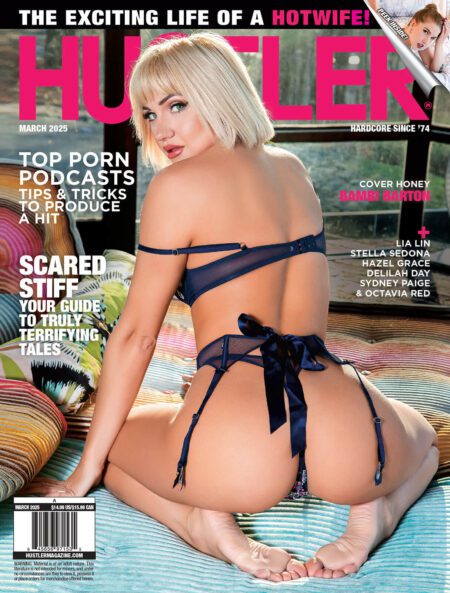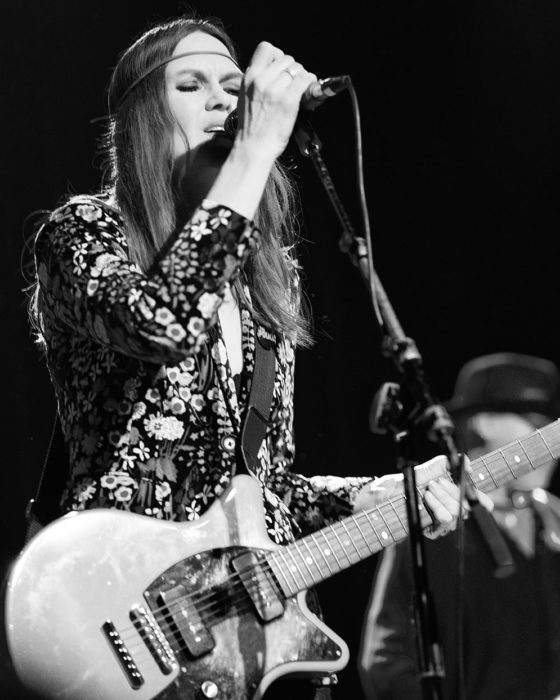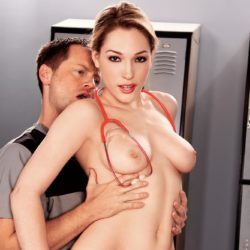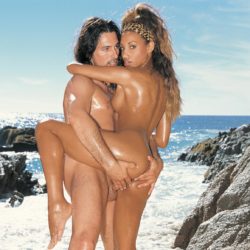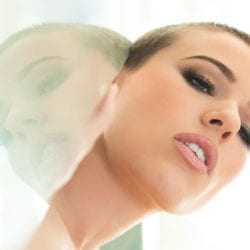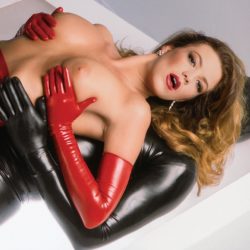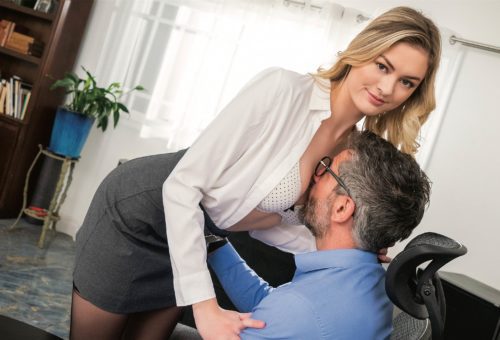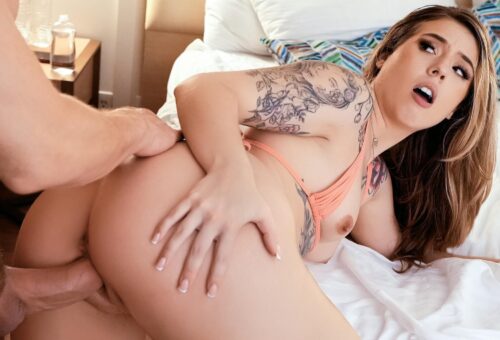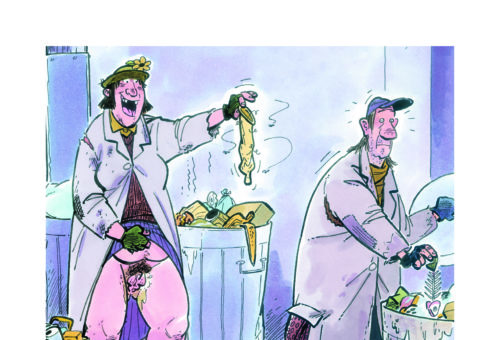Since breaking big in the alt-rock scene in the ’90s, Juliana Hatfield has continued to create compelling music at a relentless pace. Her newest album, Blood, might be her darkest offering yet.
In the ’90s there were plenty of cool alt-rock chicks on the scene, from Courtney Love to Jen Trynin to Tracy Bonham and the ladies from Veruca Salt and That Dog. But none made it look so effortless as Boston’s own Juliana Hatfield. First as the leader of The Blake Babies then as a solo artist and a part-time member of The Lemonheads, then as the main focus in the Juliana Hatfield Three, she was a constant presence in alternative rock music. Hatfield even scored a few MTV-era hits including “My Sister” and “Spin the Bottle.” She had that tomboy-next-door quality that made a generation of fanboys think, “I could probably get her.” But you could not get her. You’re just not that cool. Nobody is.
But while most of her female contemporaries have moved on to other things (Love to acting, Trynin to motherhood, and etc.), Hatfield continues to make great music. Over the past three decades Juliana has released an astounding 19 albums, including collaborations with her band, Replacements mastermind Paul Westerberg and even two albums of covers—Hatfield’s versions of songs by The Police and Olivia Newton-John are the coolest. For this, her first-ever HUSTLER interview, we talked about her dark and lovely new album Blood, being able to do whatever the hell she wants, and the sinister and the sweet.
“I had never heard the term ‘sex symbol’ describing me. I heard ‘alterna-waif’ and stuff. I don’t even know if I was aware that people saw me as a sex symbol. I tried so hard not to be.”
Juliana Hatfield
HUSTLERMagazine.com: In the ’90s some people called you an “alt-rock sex symbol.” How did that title sit with you?
Juliana Hatfield: That did not sit well with me, because I was trying so hard to disguise my sexuality and my womanliness. I was doing everything I could not to exploit my sexuality to sell music. I was really militant about it. I said, “No one is going to manipulate my body to exploit my music.” I was never comfortable using sex as a selling tool. I had never heard the term “sex symbol” describing me. I heard “alterna-waif” and stuff. I don’t even know if I was aware that people saw me as a sex symbol. I tried so hard not to be.
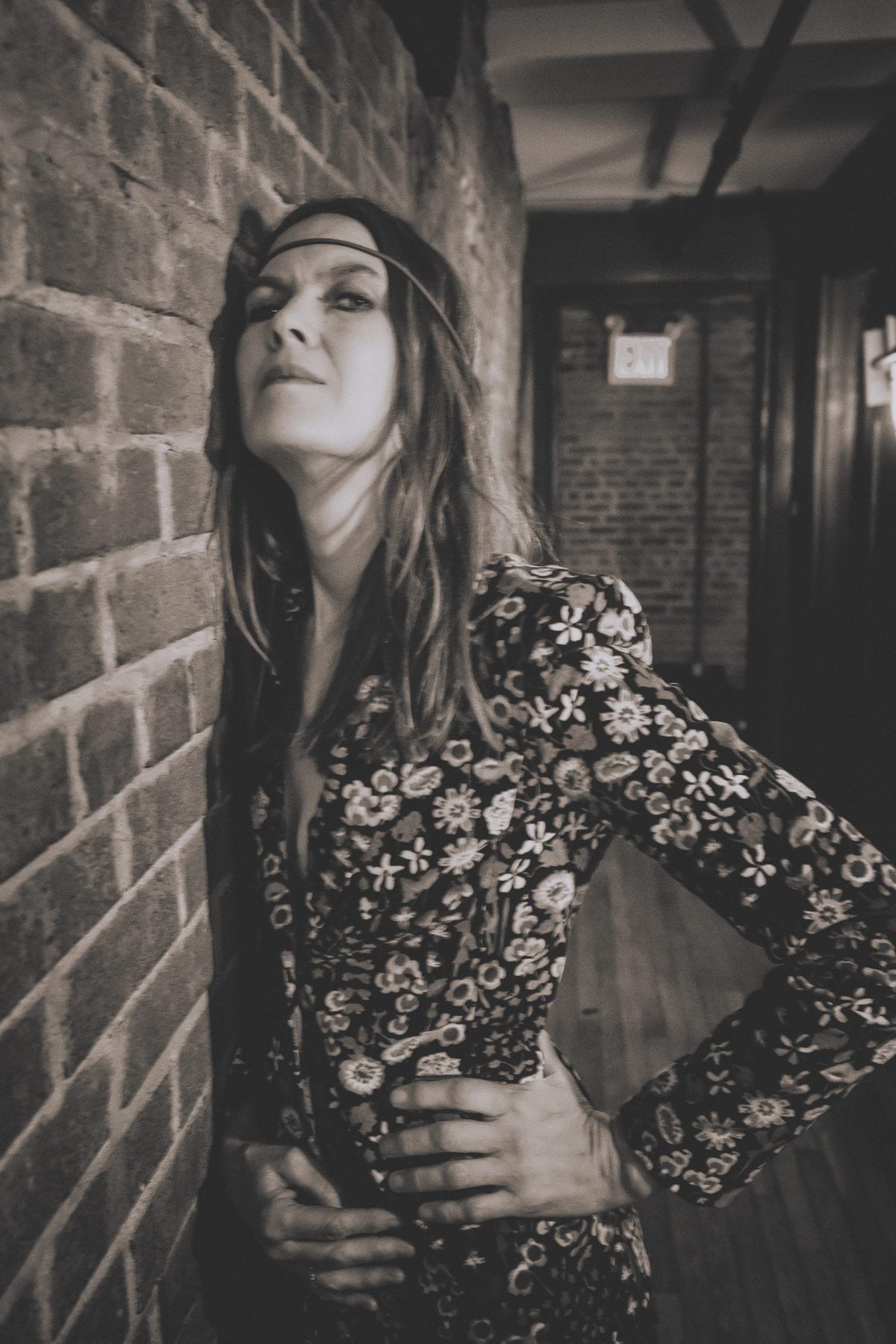
Did you have any crazy male fans?














